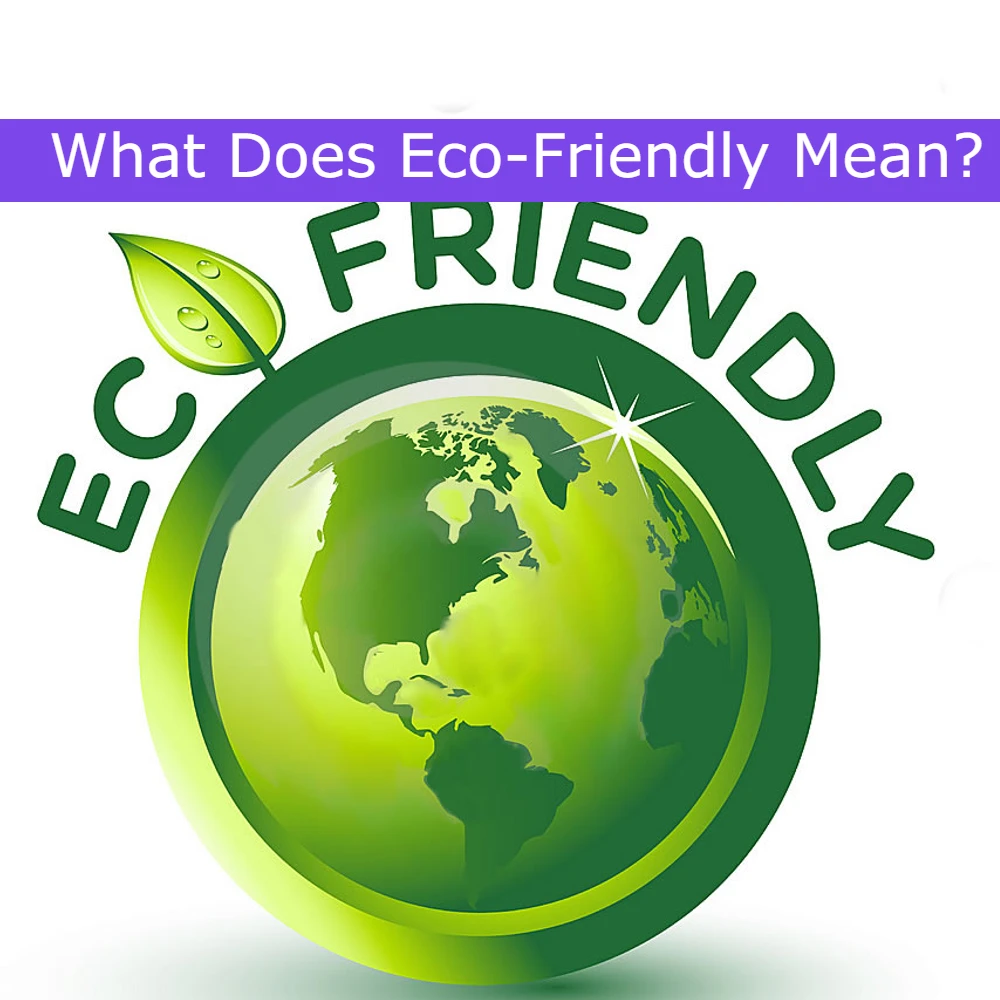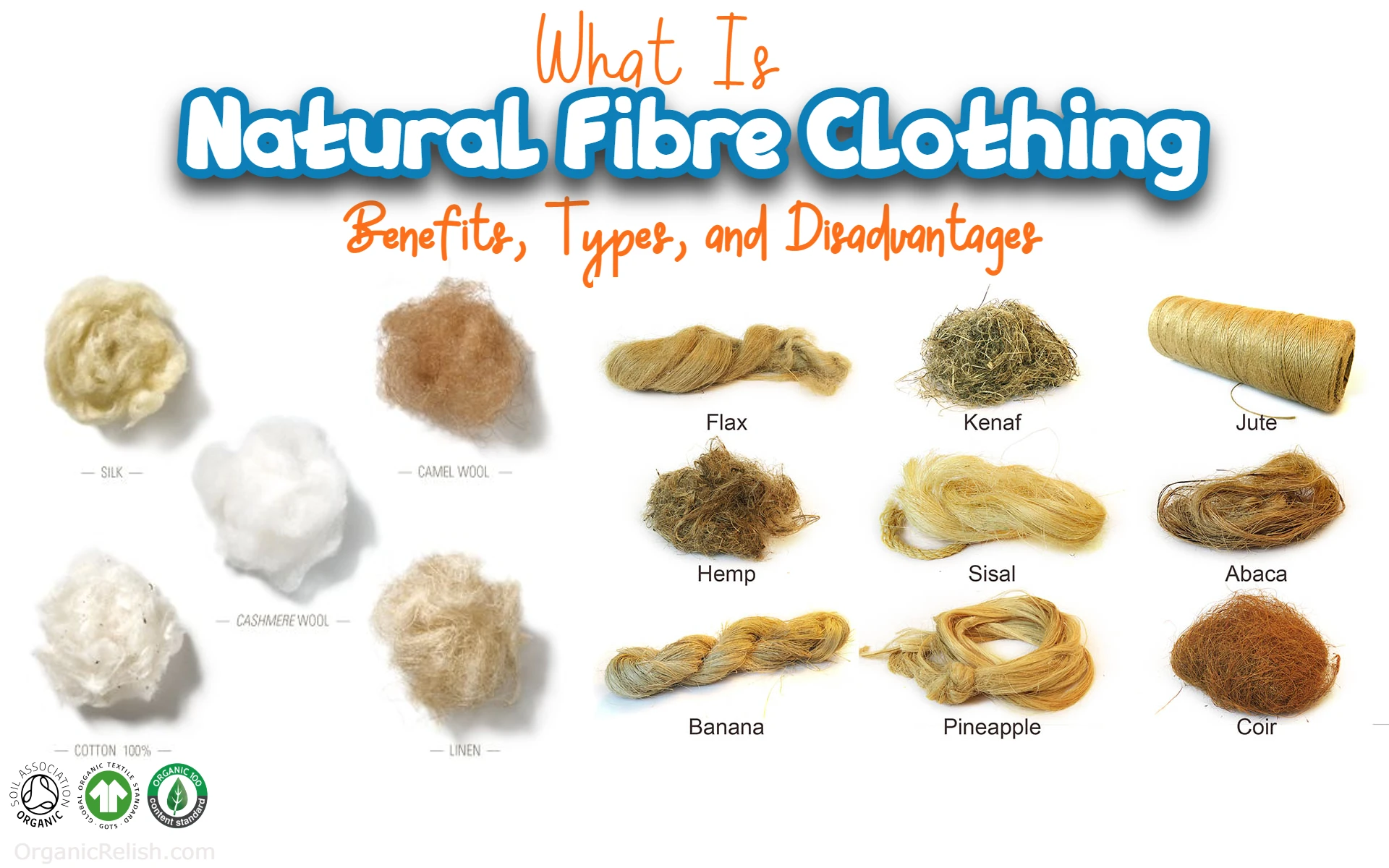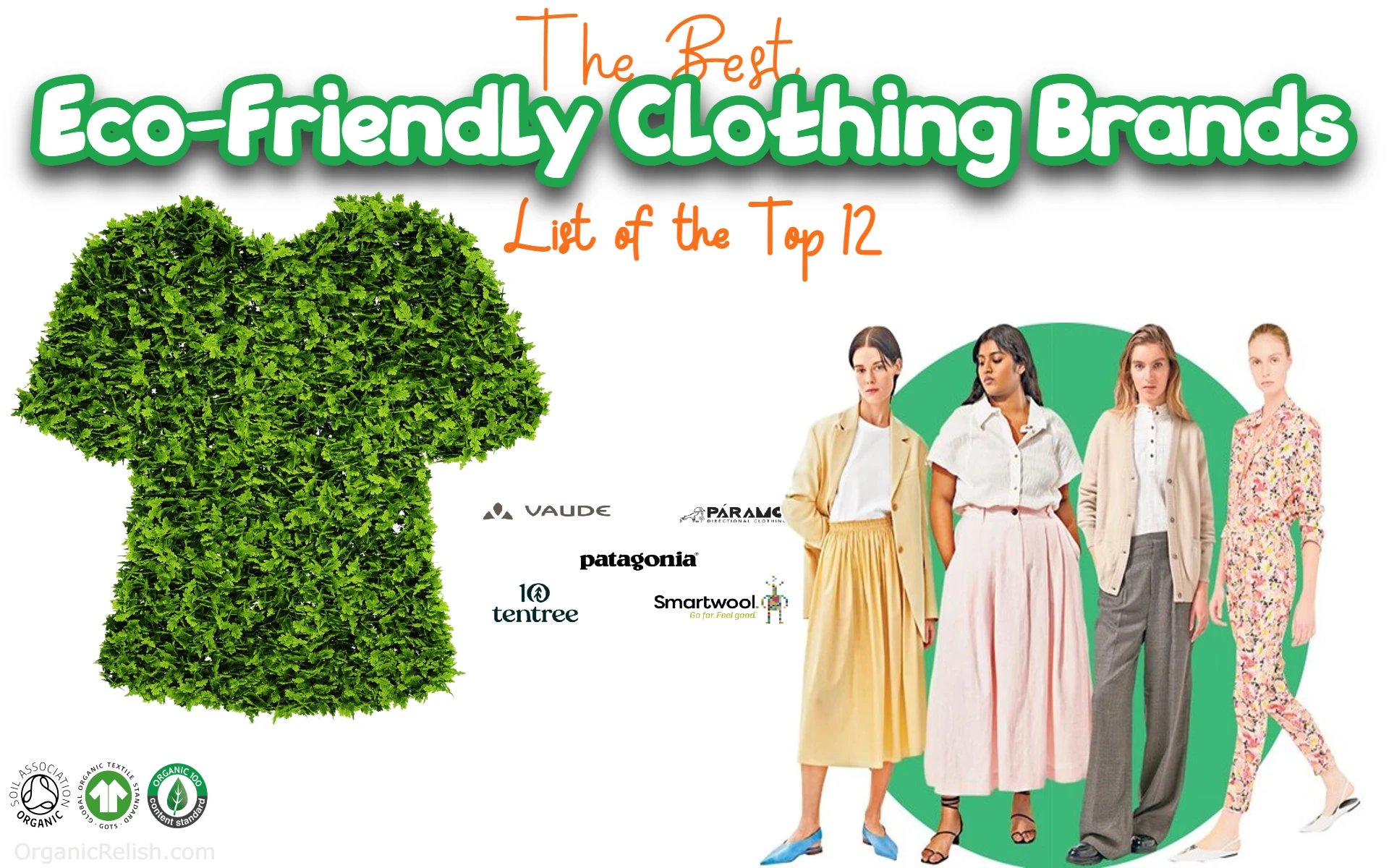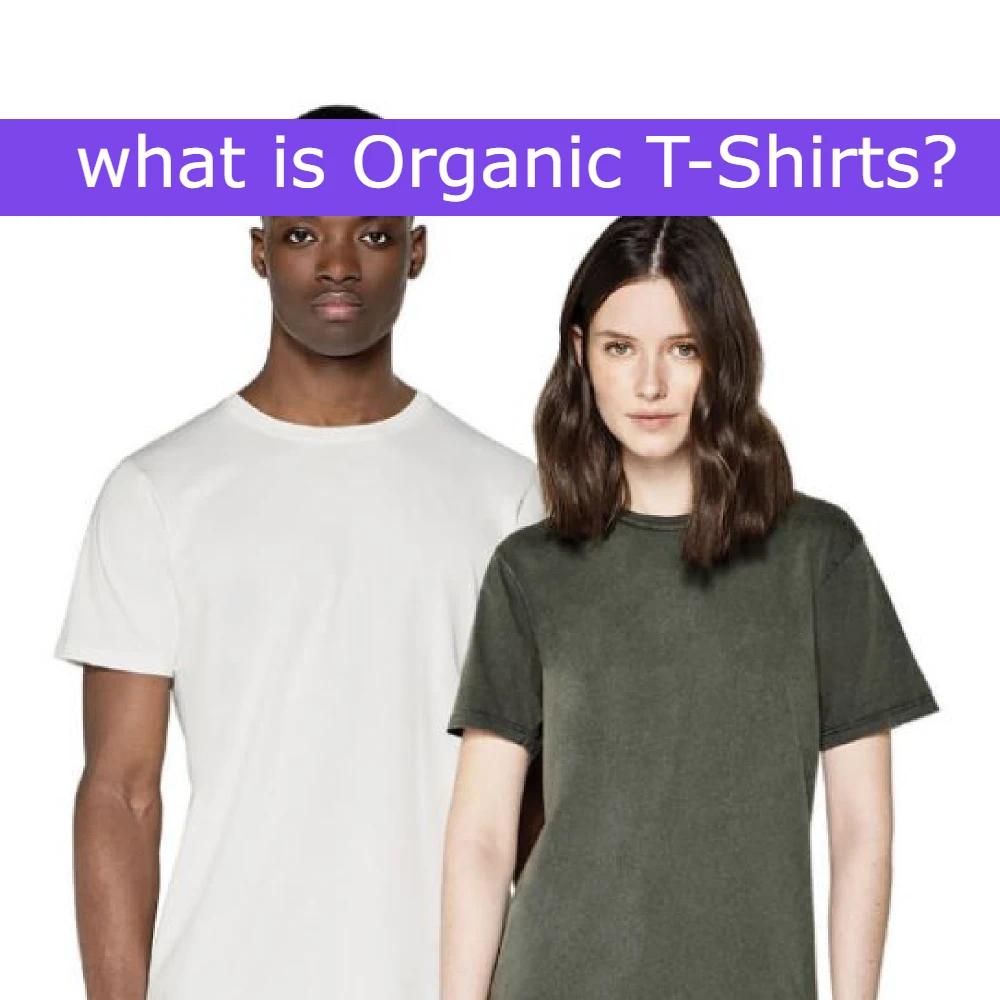What is Organic Clothing?
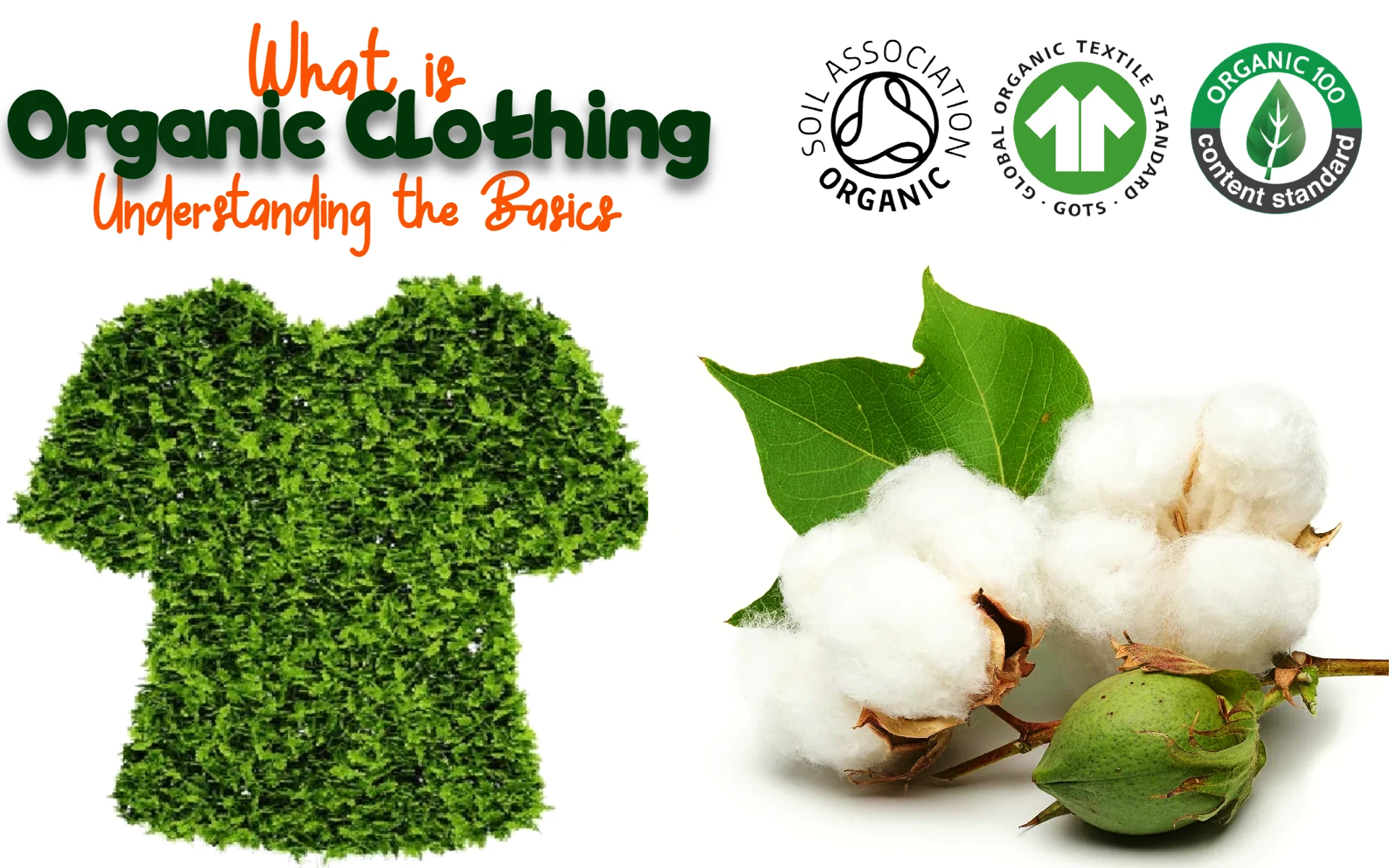
Organic clothing is made from fibers grown without the use of toxic chemicals, pesticides, and genetically modified organisms (GMOs). The use of harmful substances in conventional cotton farming can have devastating impacts on farmers, the environment, and consumers who wear the clothing. Choosing organic clothing supports a more sustainable and responsible approach to fashion, ensuring that the clothes you wear are free from toxic chemicals and have a minimal impact on the environment.
In addition to choosing organic fibers, it is also important to consider the way the clothing is produced. Look for clothing made with fair labor practices, and choose brands that are transparent about their supply chain and manufacturing processes. The use of eco-friendly dyes and processes, such as low-impact dyeing and water conservation methods, can also reduce the environmental impact of clothing production.
Sustainability goes beyond just the materials and manufacturing processes. When choosing organic clothing, consider the longevity of the pieces and the ability to recycle or repurpose them at the end of their life. Investing in high-quality, timeless pieces made from sustainable materials can reduce the need for frequent replacement and help to create a more circular fashion industry.
Benefits of Organic Clothing
Organic clothing has numerous benefits compared to traditional clothing made from non-organic materials. By choosing organic clothing, you can contribute to a more sustainable and environmentally friendly fashion industry while also enjoying the benefits of wearing high-quality, comfortable clothing.
The production of organic clothing uses environmentally friendly practices that reduce the negative impact on the environment. Organic cotton is grown without the use of pesticides, herbicides, or synthetic fertilizers, which helps to reduce pollution and conserve water resources. Organic cotton also uses 88% less water than conventional cotton, making it a more sustainable choice for the planet. Additionally, organic cotton farming supports biodiversity by providing a habitat for wildlife and helping to maintain the balance of ecosystems.
Another benefit of organic clothing is that it is better for the health of both the workers and the consumers. Organic cotton is grown without the use of harmful chemicals, so the workers who handle it are not exposed to toxic substances. When you wear organic clothing, you can feel good knowing that you are not exposing your skin to any harmful chemicals or toxins. Furthermore, organic clothing is often made using fair labor practices, so you can feel good about supporting workers who are paid fair wages and treated well. All in all, choosing organic clothing is a conscious choice that supports the environment, workers, and your own health.
Healthier for You and the Environment
Organic clothing is made without the use of harmful chemicals and pesticides, which can have negative health effects on both the workers who handle the crops and the people who wear the clothing. By choosing organic clothing, you reduce your exposure to toxic substances and help promote sustainable agriculture practices.
Better for Farm Workers
Conventional cotton farming often involves the use of hazardous chemicals, which can harm farm workers and the environment. Organic cotton farming prohibits the use of these chemicals, making it a safer and healthier option for those involved in its production.
More Sustainable
Organic cotton uses significantly less water and energy to produce, and the farming practices help maintain soil health, conserve water, and support biodiversity. This makes organic cotton a more sustainable and eco-friendly option compared to conventional cotton.
Long-lasting Quality
Organic cotton fibers are typically stronger and more durable than conventional cotton fibers, meaning that organic cotton clothing lasts longer and retains its shape and color better over time.
Soft and Comfortable
Organic cotton is naturally soft and comfortable to wear, making it a great option for everyday wear. It is also hypoallergenic and less likely to irritate sensitive skin.
In conclusion, choosing organic clothing offers a multitude of benefits for both you and the environment. So why not make the switch today and help promote a more sustainable future?
Types of Organic Clothing
Organic clothing has become increasingly popular in recent years due to its benefits for both the environment and consumers. There are many different types of organic clothing available, each offering its own unique features and benefits.
Organic Cotton Clothing
Organic cotton is the most common type of organic clothing, made from fibers grown without the use of pesticides or chemicals. This type of clothing is soft, comfortable, and hypoallergenic, making it a great choice for those with sensitive skin.
Organic Cotton Clothing for Women’s & Men’s

- Women’s Tops, Tees & Blouses
- Baby Girls’ Clothing
- Women’s Clothing, Activewear, Lingerie, Pants
- Men’s T-Shirts
- Baby Boys’ Footies & Rompers
- Men’s Shirts
- Girls’ Tops, Tees & Blouses
- Boys’ Tops, Tees & Shirts
Organic Linen Clothing
Organic linen is a natural fiber that is known for its breathability, durability, and softness. It is a great choice for warm weather clothing as it keeps you cool and comfortable even in high temperatures.
Organic Linen Clothing for Women’s, Men’s & Baby’s
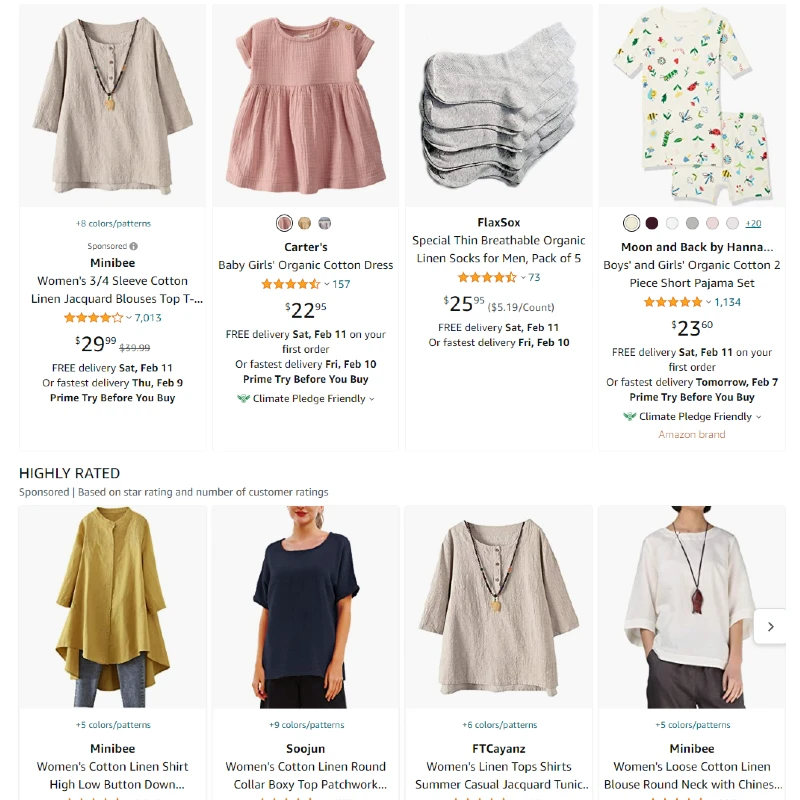
- Women’s Clothing, Women’s Casual Dresses, Activewear
- Blouses & Button-Down Shirts
- Baby Girls’ Clothing
- Men’s Shirts
- Men’s Henley Shirts
- Baby Boy’s Clothing
- Girls’ Tops, Tees & Blouses
Organic Hemp Clothing
Organic hemp is a versatile and durable natural fiber that is resistant to mold, mildew, and pests. Hemp is also a highly sustainable crop, growing quickly and needing very little water to thrive.
Organic Hemp Clothing for Men & Women’s
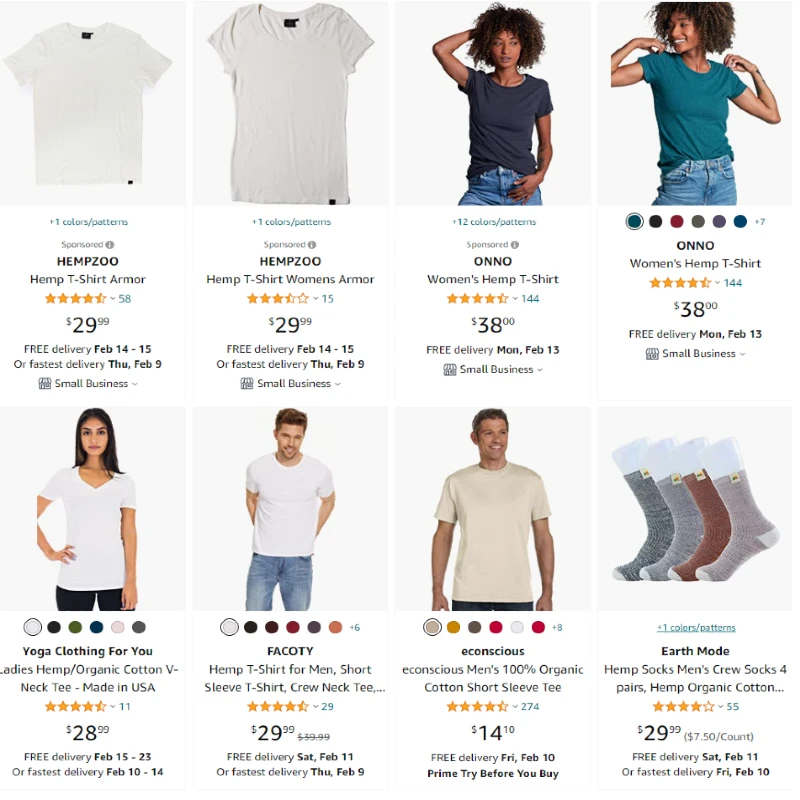
- Women’s Clothing
- Men’s Shirts
- Sport Specific Clothing
- Men’s Activewear
- Baby Girls’ Clothing & Shoes
- Novelty Clothing
Organic Bamboo Clothing
Organic bamboo is a fast-growing, renewable resource that is naturally antimicrobial and hypoallergenic. Bamboo clothing is soft, durable, and breathable, making it a great choice for activewear and everyday wear.
Organic Bamboo Clothing for Women & Men’s

- Sleepwear
- Tops, Tees & Blouses
- Panties
- Sweaters
- Casual Dresses
- Athletic Shirts & Tees
- Sport Specific Clothing
Organic Wool Clothing
Organic wool is a natural, biodegradable, and renewable fiber that is naturally insulating and moisture-wicking. Wool clothing is also hypoallergenic, making it a great choice for those with sensitive skin.
Organic Wool Clothing for Baby Girls’ and Women’s

- Men’s Clothing
- Women’s Activewear
- Baby Girls’ Clothing
- Sport Specific Clothing
- Women’s Tops, Tees & Blouses
- Men’s Hats & Caps
These are just a few of the many types of organic clothing available, each offering its own unique features and benefits. Whether you are looking for soft and comfortable cotton clothing, breathable linen clothing, or sustainable and durable hemp clothing, there is an organic option for you.
How to Choose Organic Clothing
When choosing organic clothing, there are a few things to keep in mind:
- Look for Certifications: Make sure that the clothing is certified organic by organizations such as Global Organic Textile Standard (GOTS) or Organic Content Standard (OCS).
- Consider the Quality: Organic clothing should be made from high-quality materials and be well-constructed to ensure that it lasts for a long time.
- Think About Style: Choose clothing that suits your personal style and can be easily incorporated into your existing wardrobe.
- Check the Care Label: Make sure that the organic clothing can be easily cared for and will maintain its quality and appearance over time.
- Read the Product Description: Look for detailed product descriptions to learn more about the materials, construction, and care of the organic clothing.
Difference between Organic and Conventional Cotton
Organic cotton is different from conventional cotton in terms of production. Conventional cotton uses a significant portion (15%) of the world’s pesticides, while certified organic cotton farming prohibits the use of toxic chemicals, pesticides, and GMOs.
Organic Cotton Fabric
Organic cotton fabric is made from non-GMO (genetically modified organisms) seed that is grown without the use of toxic chemicals, pesticides, or pollutants that can be harmful to farmers and ecosystems. Organic cotton is predominantly grown using rainwater instead of irrigation, and if it meets these criteria, it is certified organic.
Water Conservation with Organic Cotton
Organic cotton uses far less water than conventional cotton, often relying on “green water” (rainwater) instead of irrigation. As a result, organic cotton uses 88% less water than conventional cotton to grow.
Softness of Organic Cotton
Organic cotton is often thought to be softer than conventional cotton, but there is no significant difference in the hand feel of the two types of cotton. The only way to know if a garment is made with organic cotton is to check the fabric details tag inside the garment.
FAQs
Organic clothing refers to apparel made from organically grown fibers. These crops are grown with GMO-free seed and follow practices that maintain soil health, conserve water, and support biodiversity.
Organic cotton is grown without the use of toxic chemicals, pesticides, or GMOS. In comparison, conventional cotton uses 15% of the world’s pesticides and other harmful pollutants.
Organic cotton uses rainwater instead of irrigated water, which leads to a significant reduction in the amount of water needed to grow the crop. Organic cotton farming also uses 88% less water than conventional cotton farming.
There is no difference in the hand feel between organic and regular cotton. The only way to know if a garment is made from organic cotton is to check the fabric details tag inside the garment.
GOTS (Global Organic Textile Standard) and OCS (Organic Content Standard) are certifications that ensure the organic cotton used in clothing is grown and processed without the use of harmful chemicals, pesticides, and GMOS.
The types of organic clothing include organic cotton, bamboo, hemp, linen, and silk. These natural fibers are grown without harmful chemicals and processed using sustainable methods.
Organic clothing is a more environmentally friendly and socially responsible choice. It supports sustainable agriculture, reduces environmental pollution, and protects the health of workers in the cotton industry.
Read More:
